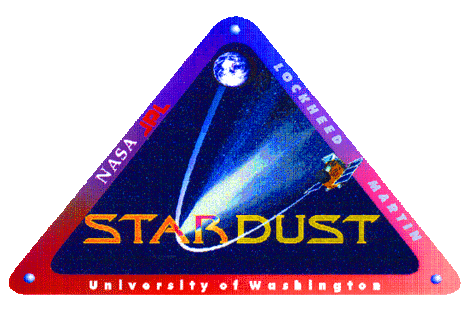
University of Washington in Seattle
Donald (Don) Eugene Brownlee, born on December 21, 1943, serves as a professor of astronomy at the University of Washington in Seattle and holds the pivotal role of principal investigator for NASA's Stardust mission. In the year 2000, he, in collaboration with co-author Peter Ward, coined the term "Rare Earth," contemplating the potential scarcity of life beyond our planet. With a focus on astrobiology, comets, and cosmic dust, Brownlee's primary research interests reflect his dedication to unraveling the mysteries of the cosmos. Originally from Las Vegas, Nevada, he has become a notable figure in the field of astronomy and space exploration.
Professor Brownlee is a distinguished scientist and researcher with a profound impact on our understanding of planetary materials, planetary systems, and the evolution of celestial bodies. His extensive contributions to the field, particularly in the laboratory study of primitive materials from asteroids and comets, mark him as a leading figure in planetary science.
Don's journey into the realm of astrophysics began with a passion for unraveling the mysteries of the cosmos. Born and raised with a curious mind, he pursued his academic interests, earning his degrees in relevant fields. Brownlee's commitment to scientific exploration and discovery would soon lead him to become a key player in the scientific community.
As a researcher, Don Brownlee's primary focus revolves around the origin and evolution of planetary materials, planets, and planetary systems. His groundbreaking work extends to the laboratory study of primitive materials sourced from asteroids and comets, providing valuable insights into the composition and characteristics of these celestial bodies.
One of Brownlee's most notable achievements is his role as the Principal Investigator (PI) of NASA's Stardust comet sample return mission. This mission aimed to collect samples from the tail of Comet Wild 2 and interstellar dust, providing scientists with unprecedented access to material from the outer reaches of our solar system. The Stardust mission stands as a testament to Brownlee's leadership and dedication to advancing our understanding of cosmic origins.
Don Brownlee's multidisciplinary approach to scientific exploration is evident in his role as a member of the University of Washington's Astrobiology program. This collaborative initiative brings together experts from various fields to explore the potential for life beyond Earth and understand the conditions necessary for its existence.
In collaboration with UW paleontologist Peter Ward, Brownlee has co-authored two influential books. These publications delve into the Earth's evolution as a habitat for advanced life, exploring the remarkable processes involved from the unique perspectives of space and time. The partnership between Brownlee and Ward reflects their shared commitment to bridging the gaps between different scientific disciplines.
Don Brownlee's career exemplifies the spirit of exploration and curiosity that drives scientific progress. His contributions to the study of planetary materials and systems, coupled with his leadership in high-profile missions like Stardust, have left an indelible mark on the field of planetary science. As we continue to unlock the secrets of the cosmos, Don Brownlee's legacy will undoubtedly inspire future generations of scientists to reach for the stars in their quest for knowledge.
Honors and Awards:
In 1991, Asteroid 3259 received the honor of being named after Donald Brownlee. Additionally, the International Mineralogical Association recognized his contributions by naming a novel silicide mineral in his honor. This newly discovered mineral, characterized by the chemical formula MnSi, now bears the name brownleeite, marking a significant achievement as the first mineral identified from a comet.
Donald Brownlee's outstanding contributions to the field have garnered him prestigious accolades, including the J. Lawrence Smith Medal from the National Academy of Sciences, the Leonard Medal from the Meteoritical Society, and the NASA Medal for Exceptional Scientific Achievement in 2007. His remarkable achievements were further acknowledged when he was elected as a member of the National Academy of Sciences in 1995 and became a fellow of the American Geophysical Union in 1999. These honors underscore his exceptional contributions to the scientific community and his significant impact on the fields of astronomy and mineralogy.
Links:


